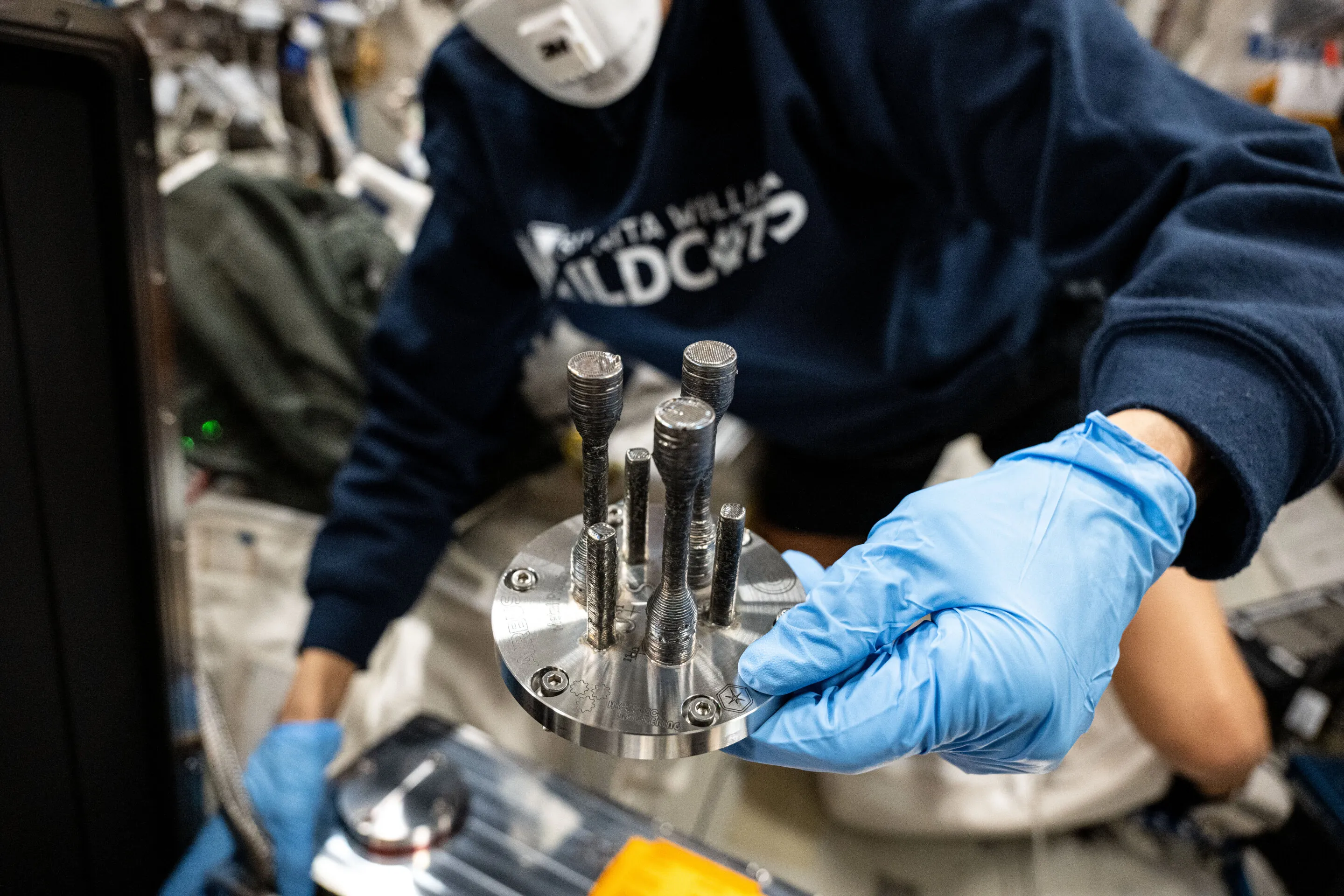Exploring the Science and Technology Behind the First Metal Part 3D Printed in Space

Unveiling a New Era in 3D Printing
In a historic moment, the European Space Agency (ESA) has achieved a monumental feat by creating the first metal part ever 3D printed in the vastness of space. This development marks a significant milestone in the science and technology sectors, showcasing the potential of advanced materials and nanotech.
Implications for Future Space Exploration
- Efficiency Improvements: 3D printing in space can lead to substantial reductions in supply costs.
- Customization: The ability to manufacture parts on-demand paves the way for tailored solutions in extraterrestrial environments.
- Innovation in Materials: The research highlights the potential of new materials that perform in micrometeorite-impact conditions.
Conclusion: A Leap Forward in Physics and Technology
As we look to the future, this remarkable achievement in science news reflects the ever-growing intersection of physics and technology. The possibilities are vast, and the advancements in materials and fabrication processes could change the landscape of not just space missions but technology on Earth as well.
This article was prepared using information from open sources in accordance with the principles of Ethical Policy. The editorial team is not responsible for absolute accuracy, as it relies on data from the sources referenced.